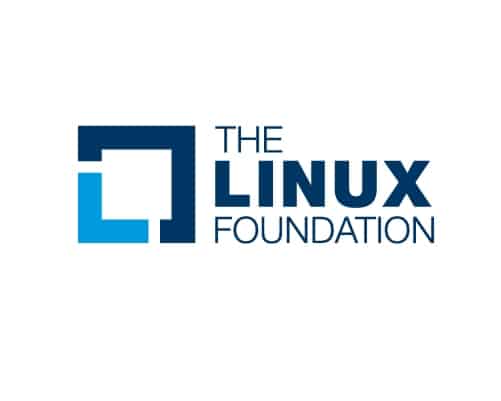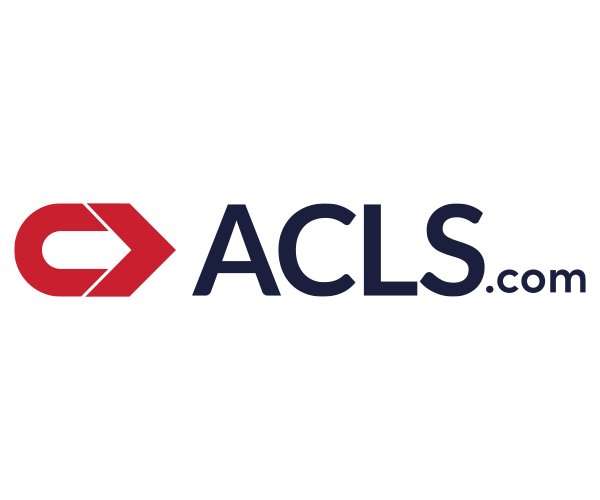Achieve your Career Goals & Save Your Money
Are you looking to get a discount on the popular online courses? You're in the right place.
We are searching among hundreds of learning platforms to make sure that you get the best and save your money.
Popular Providers
Top Deals
Added to wishlistRemoved from wishlist 7
2
Added to wishlistRemoved from wishlist 1
0
Added to wishlistRemoved from wishlist 2
0
Added to wishlistRemoved from wishlist 1
0
Added to wishlistRemoved from wishlist 3
2
Added to wishlistRemoved from wishlist 1
0
Added to wishlistRemoved from wishlist 2
0
Added to wishlistRemoved from wishlist 1
0
Popular Providers
360 training
ACLS Certification Institute
Amazing Selling Machine
American Health Care Academy
Bestmytest
Blockchain Council
Bookkeeper Launch
Brain Sensi
Centre of Excellence
Certified infosec
CMA Exam Academy
Codeacademy
Colibri Real Estate
Corporate Finance Institute
Coursera
CPD Online College
Cudoo
DataCamp
DataQuest
Educative
Eduonix
Edureka
EDX (Global)
Future Learn
Geeks for Geeks
Go Lean Six Sigma
Helium 10
IAP Career College
Illumeo
Infosec4tc
international open academy
International TEFL Academy
IT Governance
Jungle Scout
Kaplan
Knowadays
knowledgehut
Lead Academy
Learning 24/7
Magoosh
Marisa Peer
Master of Project
New Horizons
Of Course
One Education
Open Study College
Outschool
Pluralsight
Pmtraining
Premier Tefl
Preply
Prepscholar
Project Management Academy
Skillshare
Tampa Real Estate School
Target Test Prep
The Linux Foundation
The Shaw Academy
The TEFL Academy
The TEFL Institute
The TEFL Institute of Ireland
Transformation Academy
Tutorials Point
Udacity
Udemy
Virtual College
Whizlabs
















